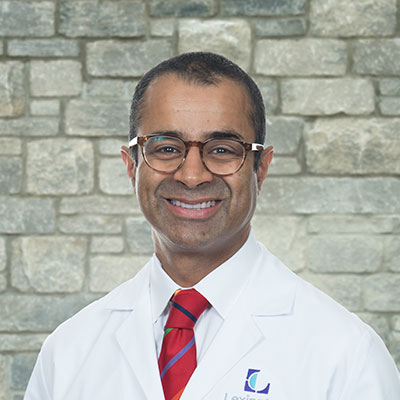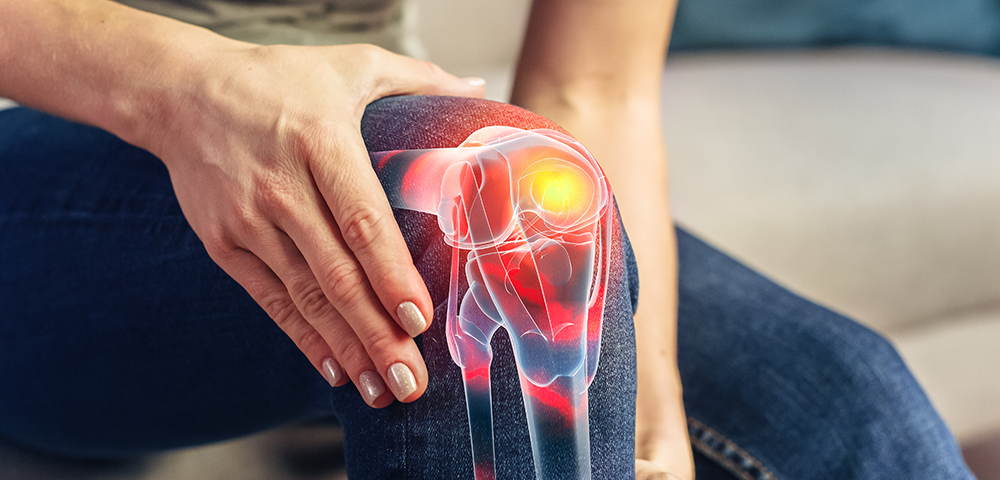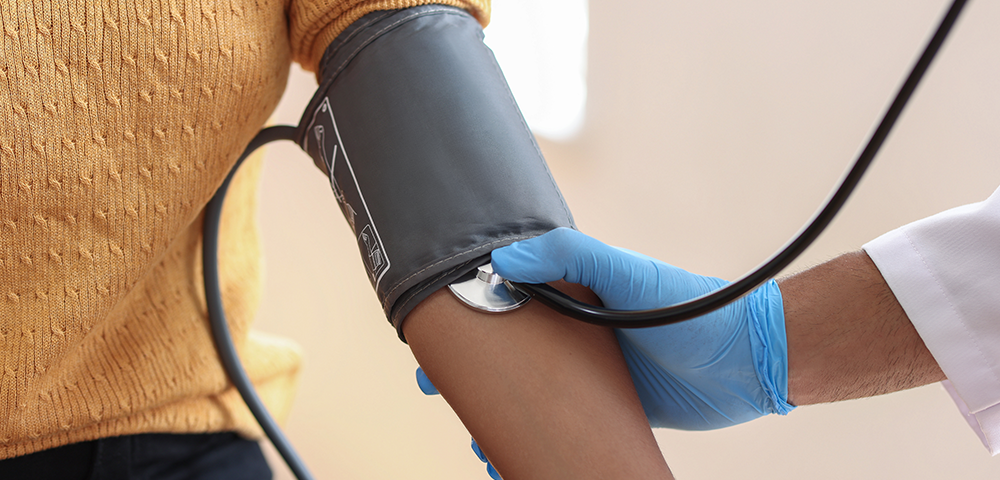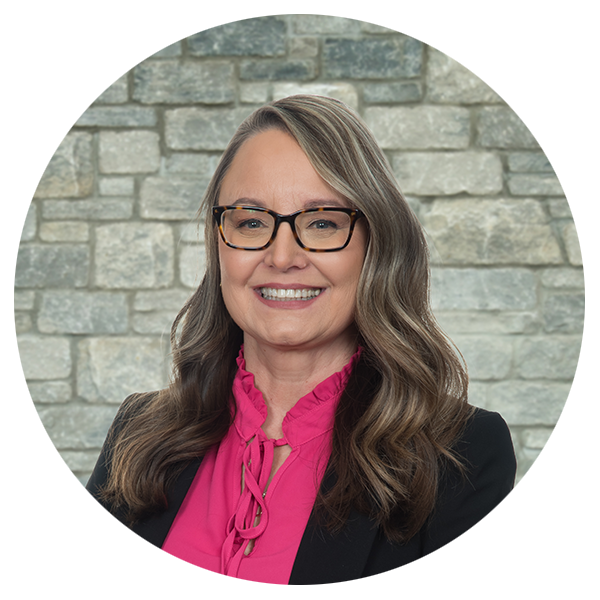Knee pain is a common problem that affects many people. Some of the most common knee problems are arthritis, a tear in the meniscus, an injury to the ACL, runner’s knee, and bursitis. To diagnose knee problems, doctors typically start by asking about your symptoms and examining your knee, and might use X-rays or MRI scans to learn more. Depending on the cause, treatment may be as simple as rest, exercise, and pain relievers, or it may involve injections or surgery.
Osteoarthritis
Osteoarthritis is one of the most common knee conditions. This is a degenerative disease that causes cartilage in the joint to wear down over time. In turn, this can cause pain, stiffness, and mobility problems. It’s more common among older adults and those who are overweight.
Treatment for osteoarthritis usually involves lifestyle changes such as weight loss and exercise, physical therapy, and medications for pain relief. Corticosteroid injections may also be used to help with pain and inflammation. In advanced cases, partial or total knee replacement may be suggested.
Meniscus Tears
Meniscus tears are a common injury to the knee. This happens when twisting motions or gradual degeneration affects the cartilage in the joint. Meniscus tears can cause instability, pain, and swelling.
Non-surgical treatment options include rest, ice, compression and elevation to help with swelling. Physical therapy may be recommended to improve strength and stability, and non-steroidal anti-inflammatory drugs (NSAIDs) such as ibuprofen for help with pain and inflammation. If these do not work and surgery is required, an orthopedic surgeon may perform a meniscal repair or partial menisectomy.
ACL Injuries
Injuries to the anterior cruciate ligament, better known as the ACL, usually happen during sports or physical activity involving sudden changes in direction or stops. ACL injuries range from sprains to tears.
Treatment for injuries to the ACL will depend upon how severe the tear is. For smaller tears, bracing and physical therapy may be sufficient. However, for complete tears, reconstruction surgery and rehabilitation are generally necessary.
Runner’s Knee
Patellofemoral pain syndrome, also called runner’s knee, is typified by pain behind or around the knee. This is common among athletes and physically active people. It can be caused by overuse or muscle imbalances.
Runner’s knee treatment usually focuses on physical therapy to strengthen the muscles, combined with exercises for stretching, lifestyle adjustments, and knee braces or other supports. NSAIDs or injections may be used if the problems don’t go away. A consultation with an orthopedic surgeon may also be necessary if these treatments don’t work.
Bursitis
Bursitis is inflammation of the bursae, which are small sacs of fluid sacs that cushion the knee. This can happen from repetitive stress on that area, like from prolonged kneeling, overuse, or direct trauma. Bursitis causes pain and swelling in the knee.
Typical treatment starts with rest, ice, NSAIDs, and activity adjustments to reduce the irritation. If the swelling or pain is significant, the doctor might remove the excess fluid and inject corticosteroids to help with inflammation.
Diagnosis and treatment for these conditions starts by seeing your primary care doctor, who may then refer you to a sports medicine specialist or orthopedic surgeon for further, personalized, treatment. Lexington Clinic’s Orthopedics – Sports Medicine Center’s expert physicians offer comprehensive care for all orthopedic injuries. Call for an appointment at (859) 258-8575.

About Tharun Karthikeyan, MD
Dr. Karthikeyan is board-certified in orthopedic surgery, and trained to use ROSA Knee robotic technology, offering a solution for qualifying patients to personalize the approach to total knee replacement. He provides services in adult hip and knee reconstruction, including primary, complex and revision hip and knee replacement. Dr. Karthikeyan is a highly experienced orthopedic surgeon and has performed more than 7,000 hip and knee replacement surgeries.
Dr. Karthikeyan can be reached at (859) 258-8575. For help scheduling an appointment or to find the location closest to you, visit LexingtonClinic.com.







